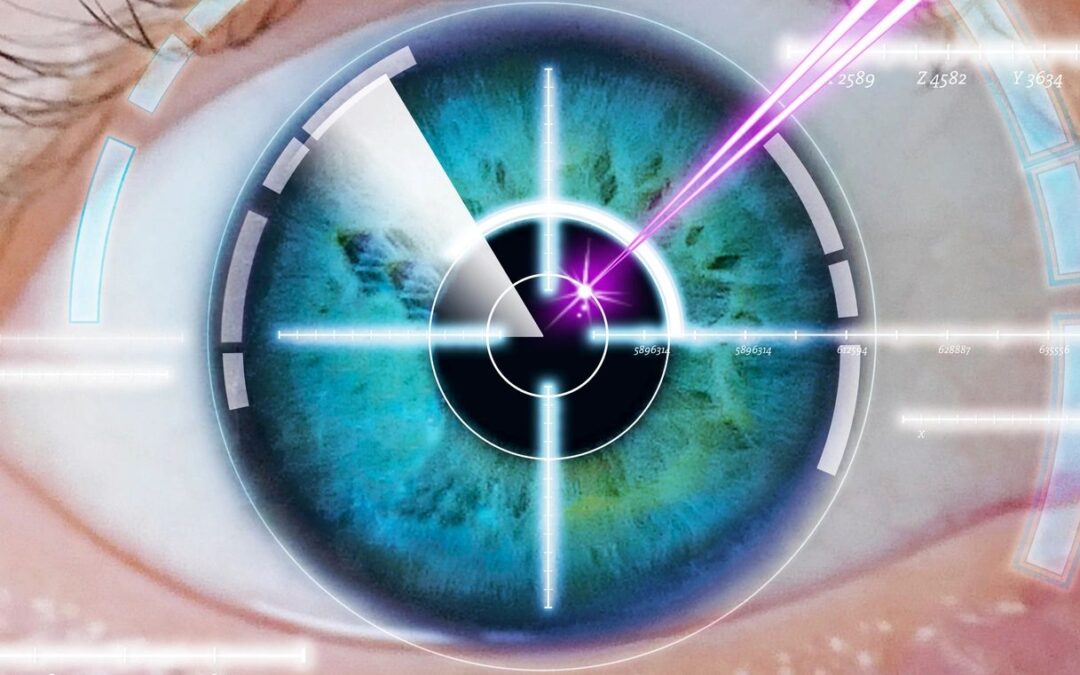
by Matthew Johnson | Dec 13, 2024 | Evidentiary Issues, Prior Art Issues, PTAB News, PTAB Trial Basics
By Adam Cook and Matt Johnson – The Patent Trial and Appeal Board (“PTAB”) denied institution in an inter partes review (“IPR”), finding that an online store’s assertion regarding when a product was “first available” is by itself insufficient evidence of...

by Matthew Johnson | Nov 26, 2024 | Estoppel, Evidentiary Issues, Prior Art Issues
By Dalton Earich,* Matt Modderman, and Matt Johnson – On October 25, 2024, the United States District Court for the Eastern District of Pennsylvania ordered Comcast Corporation (“Comcast”) to identify the date on which it learned of each patent, patent...

by Matthew Johnson | Nov 21, 2024 | Claim Construction, Evidentiary Issues, Expert Witnesses
By Jack Graves and Matt Johnson – The PTAB recently excluded a portion of Duration Media LLC’s (Petitioner) reply declaration for containing improper new evidence in an inter partes review petition filed against Rich Media Club LLC (Patent Owner) challenging all...

by Matthew Johnson | Nov 18, 2024 | Discovery, Evidentiary Issues, Prior Art Issues, PTAB Trial Basics
By Sue Gerber and Matt Johnson – “The statutory provisions for inter partes reviews, post-grant reviews, and covered-business method patent reviews caution against overly broad discovery and provide the same considerations, including efficient administration of...

by Matthew Johnson | Sep 20, 2024 | Estoppel, Evidentiary Issues, Final Written Decisions, PTAB News
By Fabian Bramwell,* Daniel Sloan, Jen Bachorik, and Matt Johnson – On June 6, 2024, the PTAB issued a Final Written Decision concluding claims 1-6 of U.S. Patent No. 8,899,655 B1 (“the ’655 patent”) unpatentable. Yita LLC v. MacNeil IP LLC, IPR2023-00172,...

by Matthew Johnson | Jun 14, 2024 | Evidentiary Issues, Final Written Decisions, Prior Art Issues
By Hailey Stewart,* Evan Tassis and Matt Johnson – In a Final Written Decision, the PTAB declared claims of a patent unpatentable after finding the patent was not entitled to the earlier priority date of the anticipatory reference in Platinum Optics Technology,...







